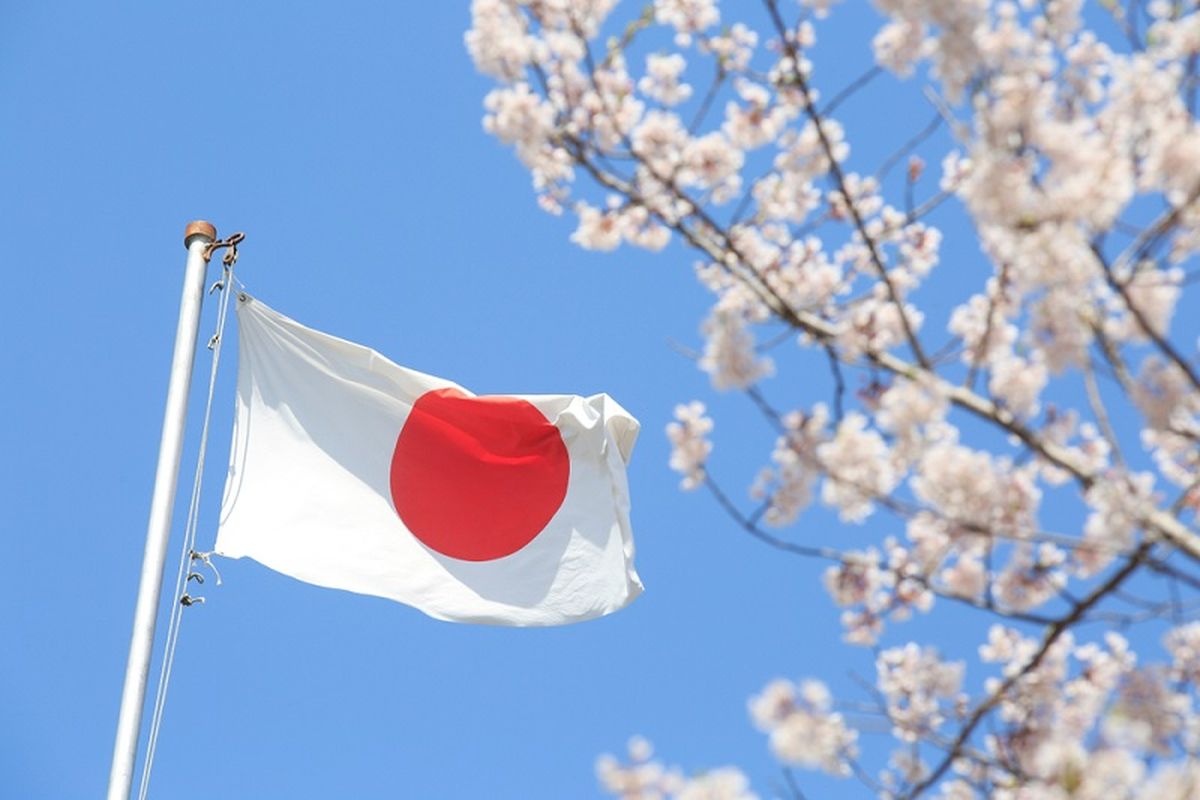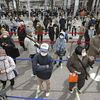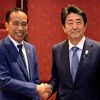Suga is Voters’ Favorite in Race to Succeed Japan’s Shinzo Abe

TOKYO, KOMPAS.com – Japanese government Spokesman Yoshihide Suga is emerging as a frontrunner in the race to succeed Japanese Prime Minister Shinzo Abe.
Yoshihide Suga’s upper-hand was based on a poll published by the daily Mainichi Shimbun on Thursday which listed the spokesman as the voters’ favorite.
The poll result came amid speculation over an early general election.
Forty-four percent of respondents picked Suga to replace Shinzo while 36 percent favored Japan’s former Defense Minister Shigeru Ishiba.
Read also: Shinzo Abe’s Successor Faces a Slew of Challenges in Leading Japan
However, Yoshihide Suga held a clearer lead among supporters of Japan’s ruling Liberal Democratic Party (LDP).
The poll, taken by the newspaper and Social Survey Research Centre, is the latest to show the chief cabinet secretary as the most popular candidate among ordinary voters.
The LDP leadership election will be held on September 14, with LDP lawmakers and regional party representatives casting votes.
The winner — who will serve the rest of Abe's term as party chief, which ends in September 2021 — is virtually assured of becoming premier because of the LDP's majority in parliament.
The surge in the popularity of Suga, who has served as Chief Cabinet Secretary under Abe and has said he would pursue his boss's key policies, is stoking speculation about a snap election for parliament's lower house as early as next month.
No election is mandated until October 2021, but Suga may call a vote while his ratings are high to try to improve his chances of winning a full three-year term as party leader next year.
Read also: A Successor Emerges to Replace Japanese Prime Minister Shinzo Abe
Defence Minister Taro Kono, in an online event sponsored by a US think tank, said on Wednesday an election was expected "probably sometime in October", domestic media reported.
Talk of a general election has added urgency to efforts by the fragmented opposition to unify, pushing the center-left Constitutional Democratic Party of Japan (CDPJ) to merge with former colleagues in the Democratic Party for the People (DPP).
The two groups emerged when the Democratic Party of Japan, which held government from 2009-2012, split in 2017.


































